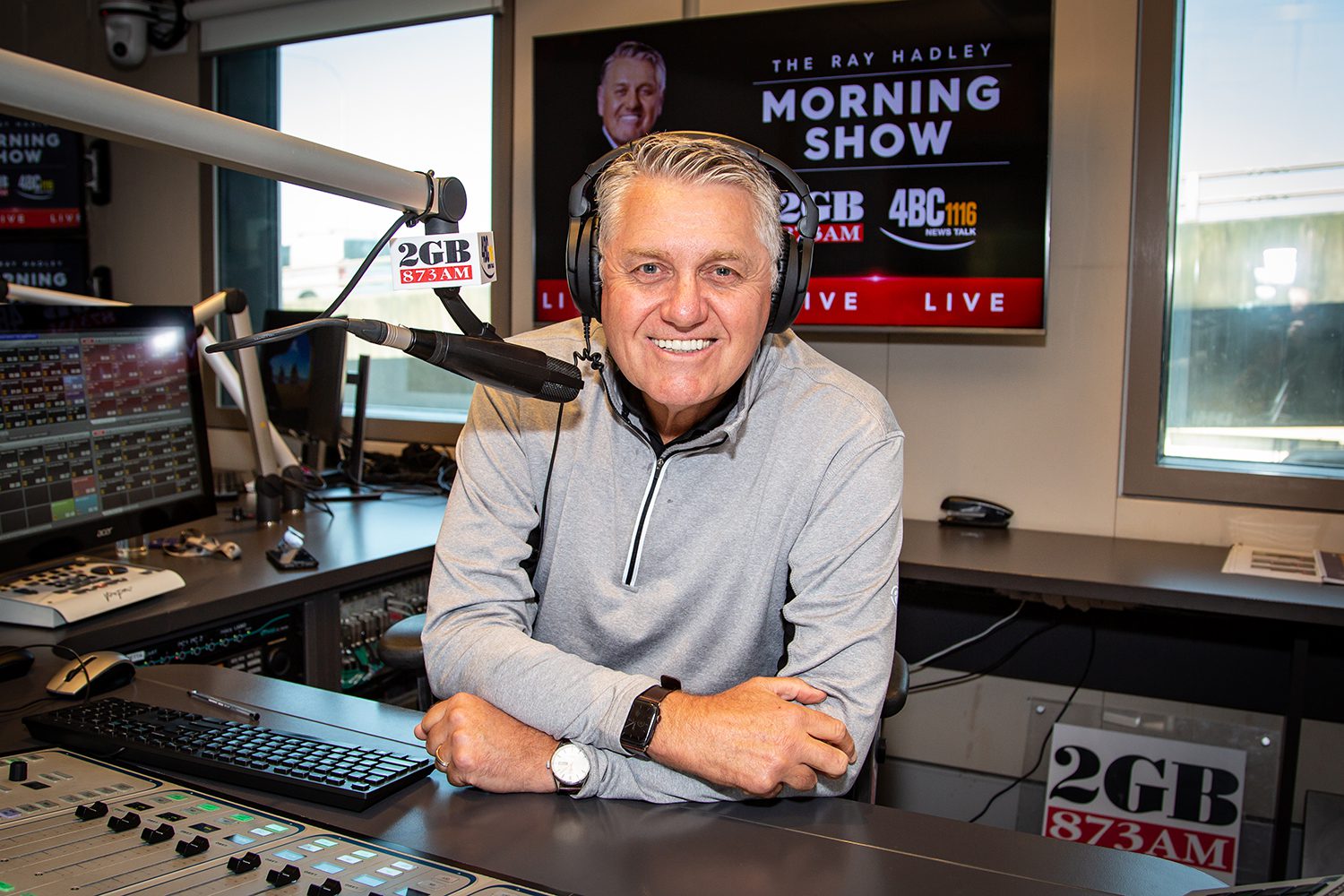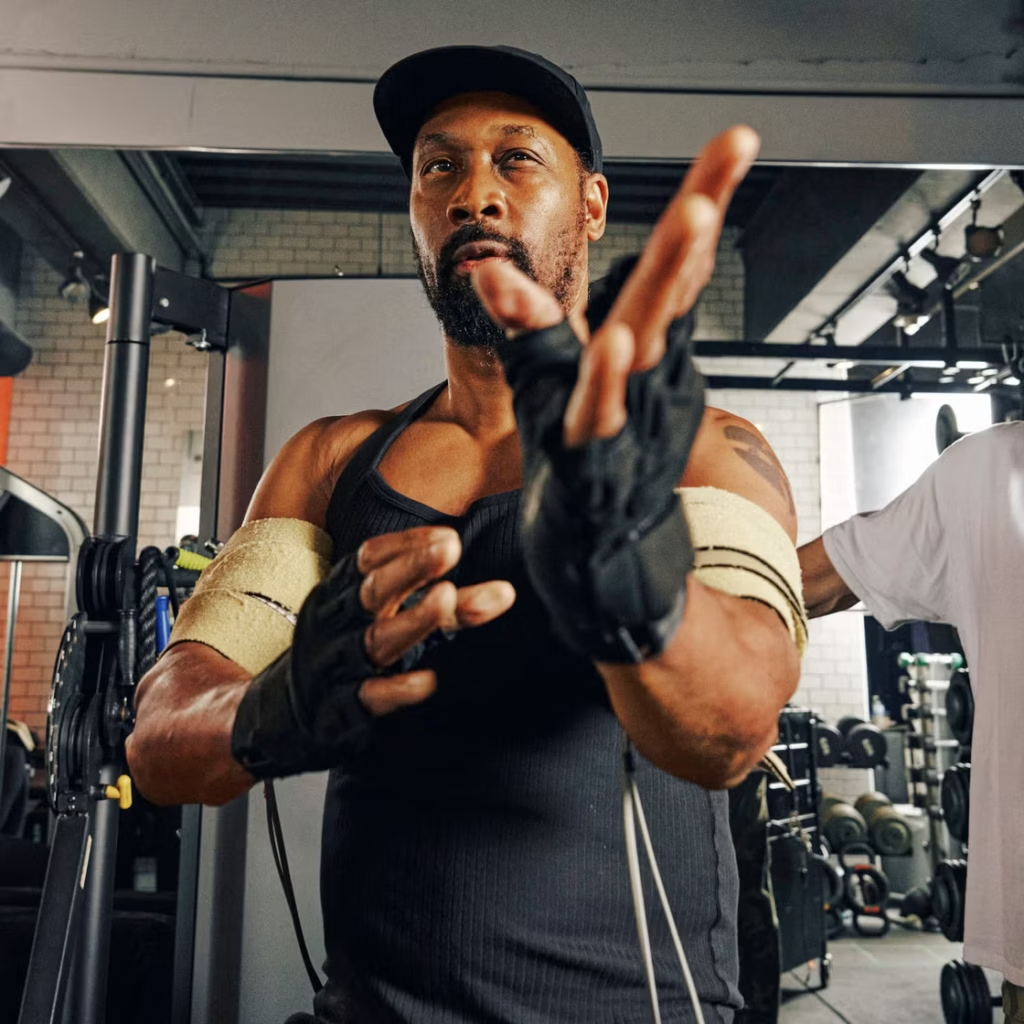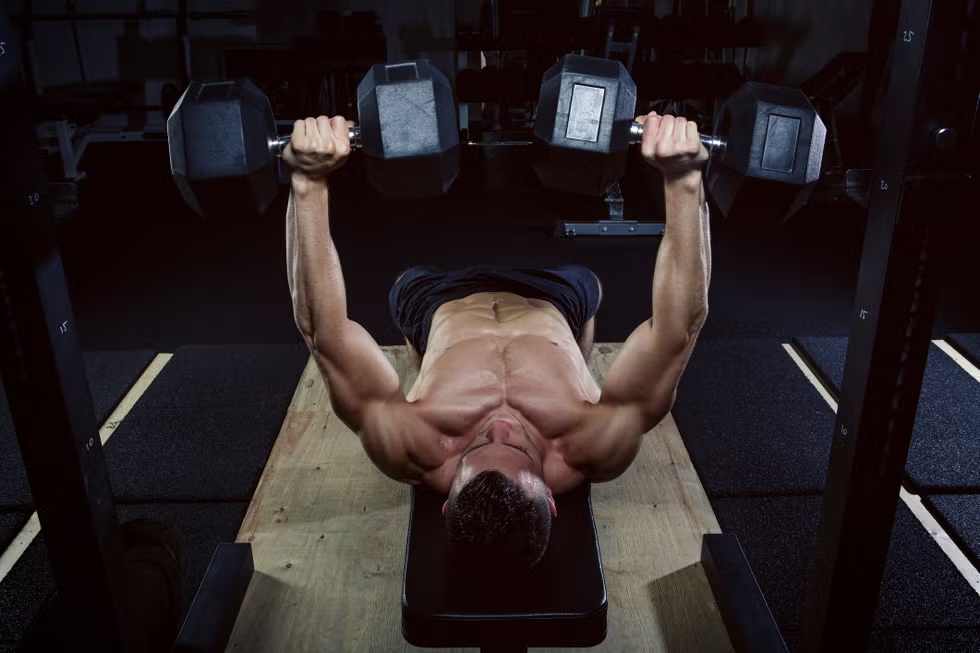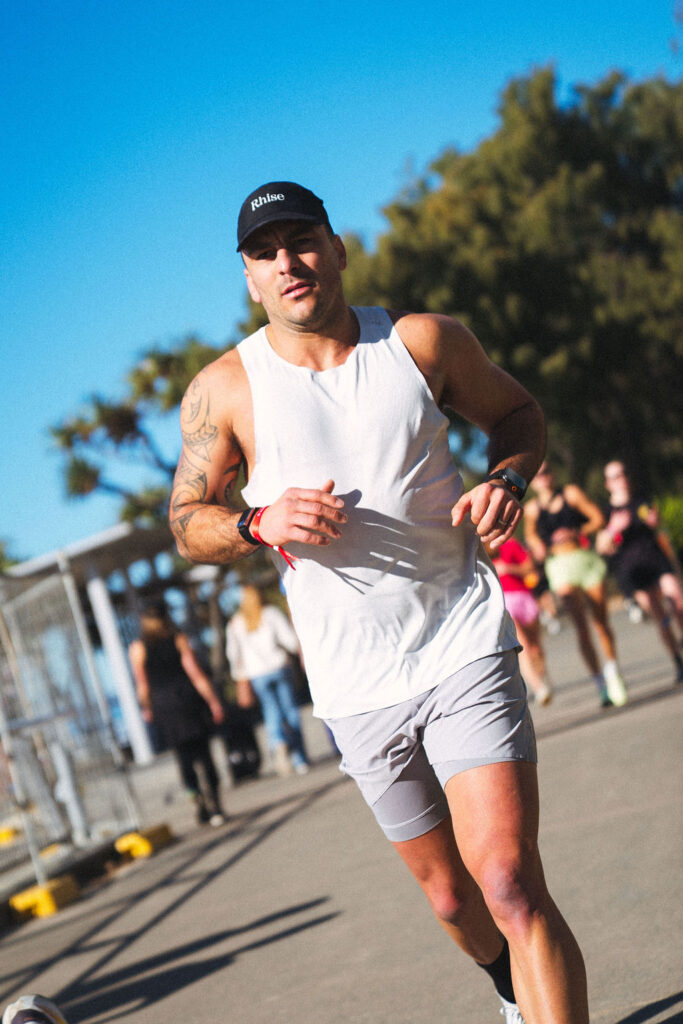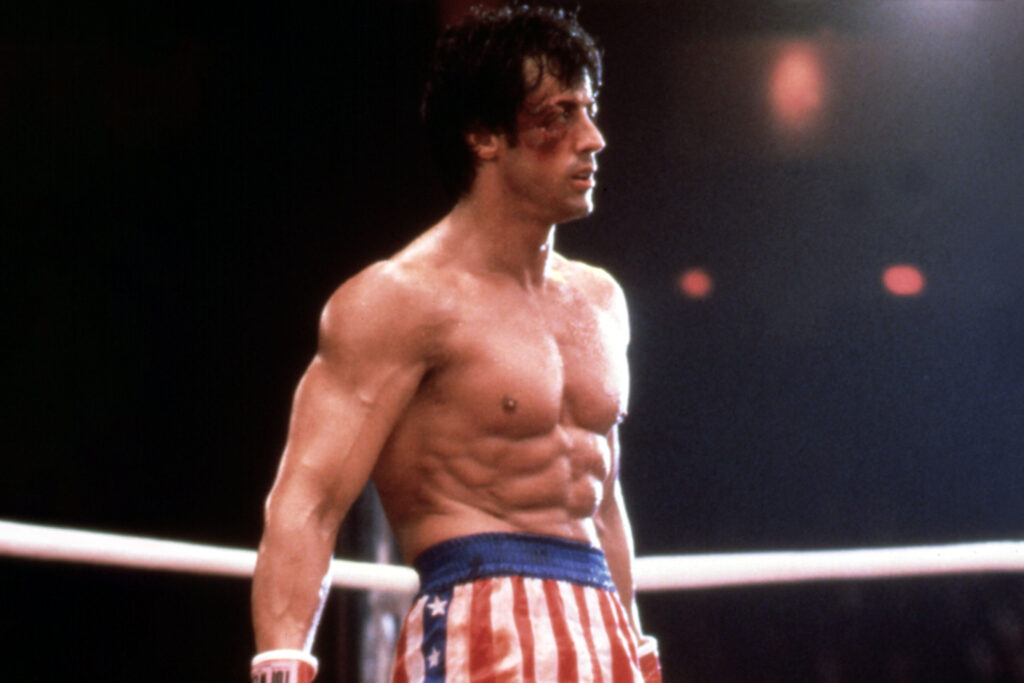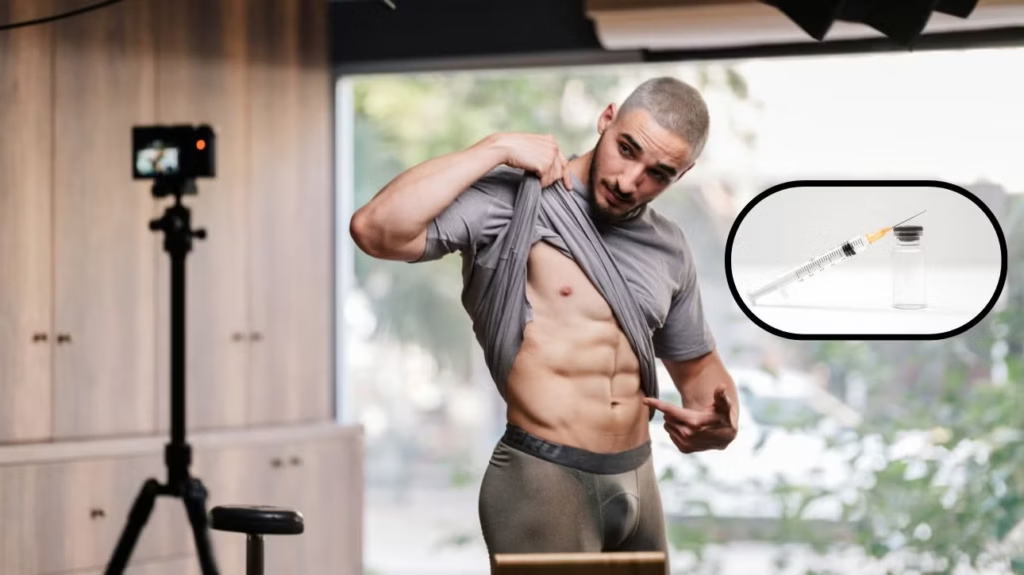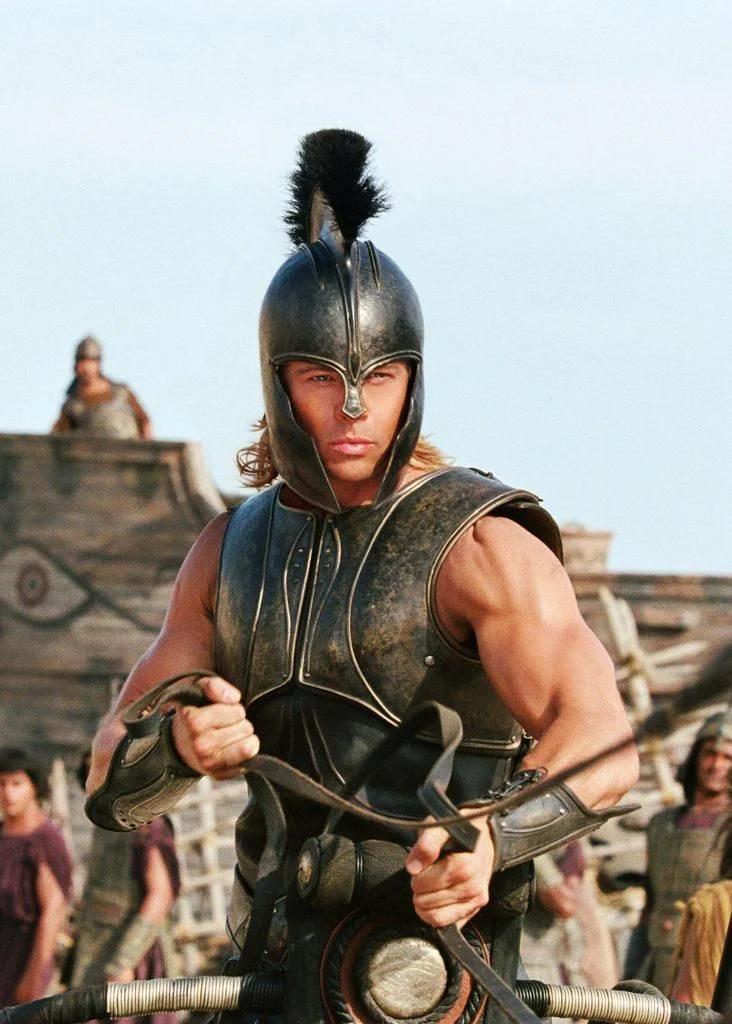As a broadcaster, Ray Hadley had been riding high for decades. But with ballooning weight setting him up for a fall far worse than any ratings dip, overhauling his lifestyle became a must.
It’s the Wednesday before Easter and The Ray Hadley Morning Show has entered its final half hour. There’s no cruising to the finish line today, however. Behind his trio of producers, I’m watching Hadley through soundproof glass as he handles a maelstrom of late-breaking COVID-related stories.
As a broadcaster, Hadley mightn’t be your cup of tea. He’s opinionated uber-confident and quick to judge – a shock jock, broadly. But he’s also a consummate pro. What look to me like the ingredients for an on-air meltdown, Hadley gathers up, blends and spices, and serves as a dish called compelling radio. After years spent in the shadow of former giants of local radio, Hadley can nowadays lay claim to being king of the airwaves.
An hour or so after the show ends, he and I are sitting side by side on a bench in Sydney’s inner-city Pyrmont, a water view to our left. “You work in there,” he says, gesturing towards the studios, “you’re like a trapeze artist without a net. With live radio, if you fall, you fall on your arse – or your head.”
Masterfully handling that pressure while making a fortune for his employers in ad revenue
has made Hadley a wealthy man. Unfortunately, in return for that success he paid a price, which took multiple forms, but let’s start with his physical health. Last September, he stepped on the scales during a routine visit to his GP.
“And I was embarrassed,” he recalls. “I was 114 and a half kilos.”
His doctor had watched Hadley’s weight problem escalating for some time and had warned him that he was closing in on type 2 diabetes – and possibly worse.
“You’ve got to talk to someone about your lifestyle,” he ordered.
It was a lifestyle characterised by a scant amount of exercise and lamentable eating habits, concedes Hadley, who was partial to a traditional full English breakfast – and not just on Sundays.
Including snags? “Whatever I could fit on my plate,” he says. On a typical day, he would also plough through three-quarters of a loaf of bread. When dining out, entree-main-dessert was standard practice. There was an element of surrender involved, too. “Guys my age, from the age of 50 or 60 – I’m 66 now – you just give up a bit, I suppose.”
Well, it was time to start fighting again. His doctor referred Hadley to Kathy, a weight-loss coach who at their first meeting analysed a stack of data on her new client: BMI, body composition, bone density.
“Hmmm. It says here you’ve got the body of an 80-year-old,” she told Hadley.
“Well, that’s not too bad. I’m 66.”
“But it only goes to 80, love. You could have the body of a 120-year-old.”
Kathy asked Hadley’s then girlfriend, Sophie, whether she thought she could encourage him to walk more.
“That would be hard,” Sophie replied, “because he won’t walk at golf – he rides a cart – and he won’t walk down the street.”
So, Kathy convinced Hadley to stroll back and forth from his front door to his front gate – a not inconsiderable distance owing to the size of his estate in north-western Sydney. Before long, the walking bug had bitten him on his chair-moulded backside.
Every chance, it was one foot in front of the other: a walk to get his thoughts straight before going on air; another post-show to clear his head; a final burst in the evening.
In time, he ditched the motorised cart for his three rounds a week at Castle Hill Country Club. Recording every step on his watch, he was racking up between 60-90 kilometres per week.
His adult children started calling him Forrest.
“I find the walking therapeutic,” he says. “I don’t wear a headset. I just find I think about things. Not always deep thoughts – maybe about the next show, my grandchildren, my wife. Other times I don’t think at all.” And he is just walking, he stresses – not marching like a soldier or obsessing about the fat-burning zone. “I’m just moving.”
Meanwhile, Hadley overhauled his diet. Kathy wanted him to drink 3-4 litres of water every day. Not a chance, he said, but he could probably manage two litres if it were flavoured with a hint of diet lime cordial. Tinned salmon on sourdough replaced the full English, while lunch and dinner became lower-carb affairs, with the evening meal brought forward to extend the overnight fast.
Did the weight fall off him? It sure did.
On March 27, when the twice-divorced Hadley married Sophie, his faithful PA, he was 96.5kg – 18kg lighter than he was six months earlier. At the wedding, guests who hadn’t seen him for a while were stunned. “It was, ‘Jesus, where’s the rest of you?’” he recalls. “And that acknowledgement makes you feel good about doing it.”
Hadley’s blood pressure plunged from 160/95 to 128/80 – an improvement that allowed him to get off antihypertensive medication. “My lifestyle had to change,” he says. “The way I was going, I probably wouldn’t have made 70. I’ve been talking about men’s health for a long time on my program – about blokes not getting heart-health checks, not getting skin checks or the prostrate examination. And I’ve done all those things and more for the last 20 years. But despite that, the weight was going to be a significant factor unless I lost a bit of it.”
Hadley has pulled off a bodily transformation. I ask whether, consequently, anything has shifted mentally for a man known, at least to some former colleagues, for his quick temper and sharp tongue.
Ah, he says. His temperament has changed – you bet it has – but not because of the weight loss. It began changing roughly three years ago, he says, when he started dating Sophie: “Just being with her calms you down”. Around the same time, his first grandchild, Ava, was born. Two more, Noah and Ella-Rae, have followed, and there’s another one on the way.
Dad, you’re a bit different, his children tell him.
Bad different?
No, good different.
“You know, I think I’m a much better grandfather than I was a father,” he says. “Because I was ambitious, I was working seven days a week. And to a certain extent I carry that a bit. It’s obviously set me up pretty well and I can help them in a whole range of ways, but
I wasn’t around much when they were the same age as my grandchildren are now.”
You’ve mellowed, I say.
Yes, he agrees. “But, as well as the things I’ve explained to you, if you get to 66 and you don’t mellow, you’re a mug. You can’t be a cranky bastard all your life.”
That’s what you were?
“Look, without going into the details – they’re very personal – I was a very unhappy person for a long time. I’m not blaming anyone for my unhappiness, but I was very unhappy. Professionally, I was happy, but personally, I was very unhappy, without knowing I was unhappy or why.”
He’s on a roll now. “I’m in a high-powered job. I’m expected to perform every day, and sometimes you lose sight of your priorities. You’re not doing what you should be doing in relation to yourself or your family. I’m not very good at giving advice – I’m even worse at taking it. But if I were giving advice to men… one of the things I note with younger men these days is that they seem to apportion much more time to their children and partners than I did. This generation seems to prioritise the right things. Yes, they’re ambitious and want to succeed, but they don’t sacrifice their families for their ambitions. And that’s a great thing.”





